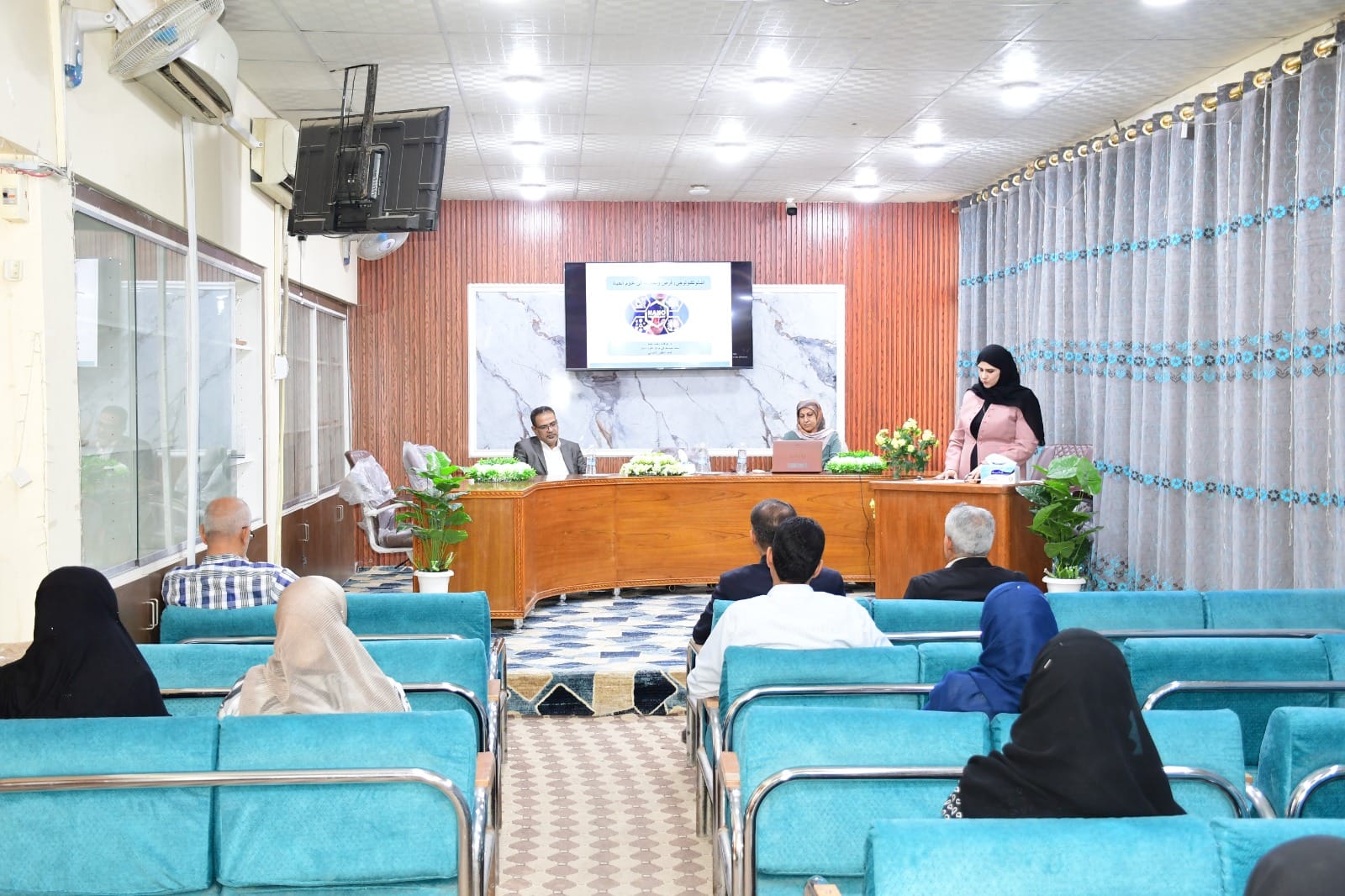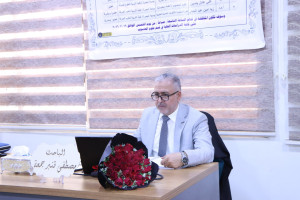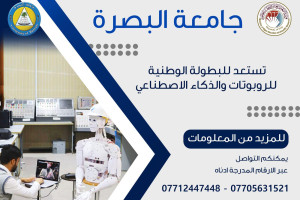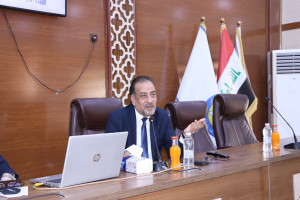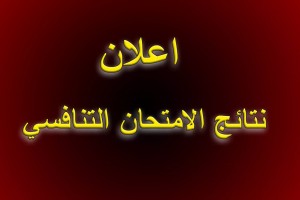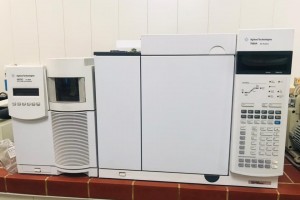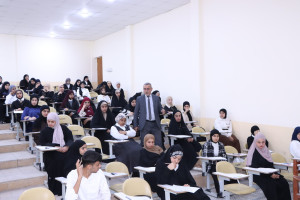
The College of Education for Pure Sciences, Department of Biology, organized
In cooperation with the Marine Sciences Center and the Center for Development and Continuing Education, a scientific symposium entitled Nanotechnology Opportunities and Challenges in the Life Sciences was held
It included two lectures, the first lecture
Nanotechnology opportunities and challenges in life sciences
Assistant Professor Dr. Arafat Rajab Ahmed
The following topics were covered: Definition of nano. History of nano. Types of nano
Environmental, agricultural and medical nano applications
International laws related to nanotechnology
Warnings and concerns about nanotechnology
Challenges facing nanotechnology
Second lecture
Steps of research in nanomaterials science
The teacher is Dr. Ahmed Youssef Hammoud
Which guarantees
Simulation between natural materials of living organisms and manufactured nanomaterials
Different methods for synthesis of nanoparticles (physical, chemical and biological methods using algae, fungi, bacteria and plant extracts)
The most important methods for diagnosing nanomaterials
X-ray diffraction spectrum (XRD) and how to read and interpret the results that confirm
Synthesis of nanomaterials and their diagnosis using scanning and transmission electron microscopy
Reference was also made to the lecturer’s patent and its importance in using environmentally friendly nanomaterials and in getting rid of heavy metal pollution (preparing a new magnetic nanocomposite using an environmentally friendly method and using it to remove lead and cadmium ions from their aqueous solutions).
Many topics related to the subject of the symposium were also discussed, the extent of the possibility of investing it in the field of academic scientific research and economic benefit and employing it in the field of pharmaceutical industries.
The symposium was attended by the Assistant Dean for Affairs, the Dean for Scientific and Administrative Affairs, and the teaching staff and students of the Life Sciences Department
